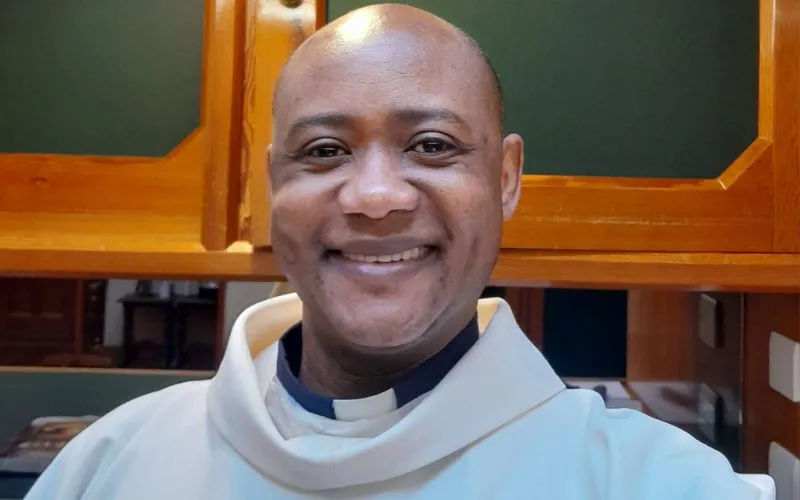Jos, 27 April, 2024 / 10:39 pm (ACI Africa).
A Nigerian Catholic Priest and doctoral researcher in the United Kingdom (UK) has challenged scholars, leaders and policymakers across Africa to develop the political will to “fix the continent” failure to which he says the citizenry would miss the benefits of Artificial Intelligence (AI).
In his keynote address at the International Multidisciplinary Scientific Conference that was organized by the Institute for Leadership and Development Communication (ILDC), Fr. Justine John Dyikuk lamented that African countries lag behind while the rest of the world is reaping from the benefits of AI.
“The grim reality is, while the world is thinking, talking and doing AI, Africa is battling in the jungle of survival,” Fr. Dyikuk said at the Thursday, April 25 conference that was organized under the theme, “Artificial Intelligence, Communication, Development and Sustainability in Africa.”
He said that adopting AI is a long haul for many African countries that he said are still battling high levels of illiteracy, with many children still unable to go to school.
“It is difficult for African scholars to convince the world that we are ready to adopt AI given that in 2023, there were 12 million out-of-school children in sub-Saharan Africa alone,” he said.








